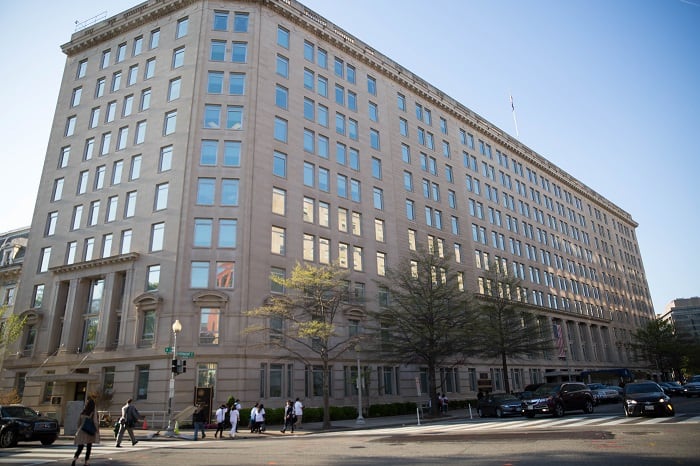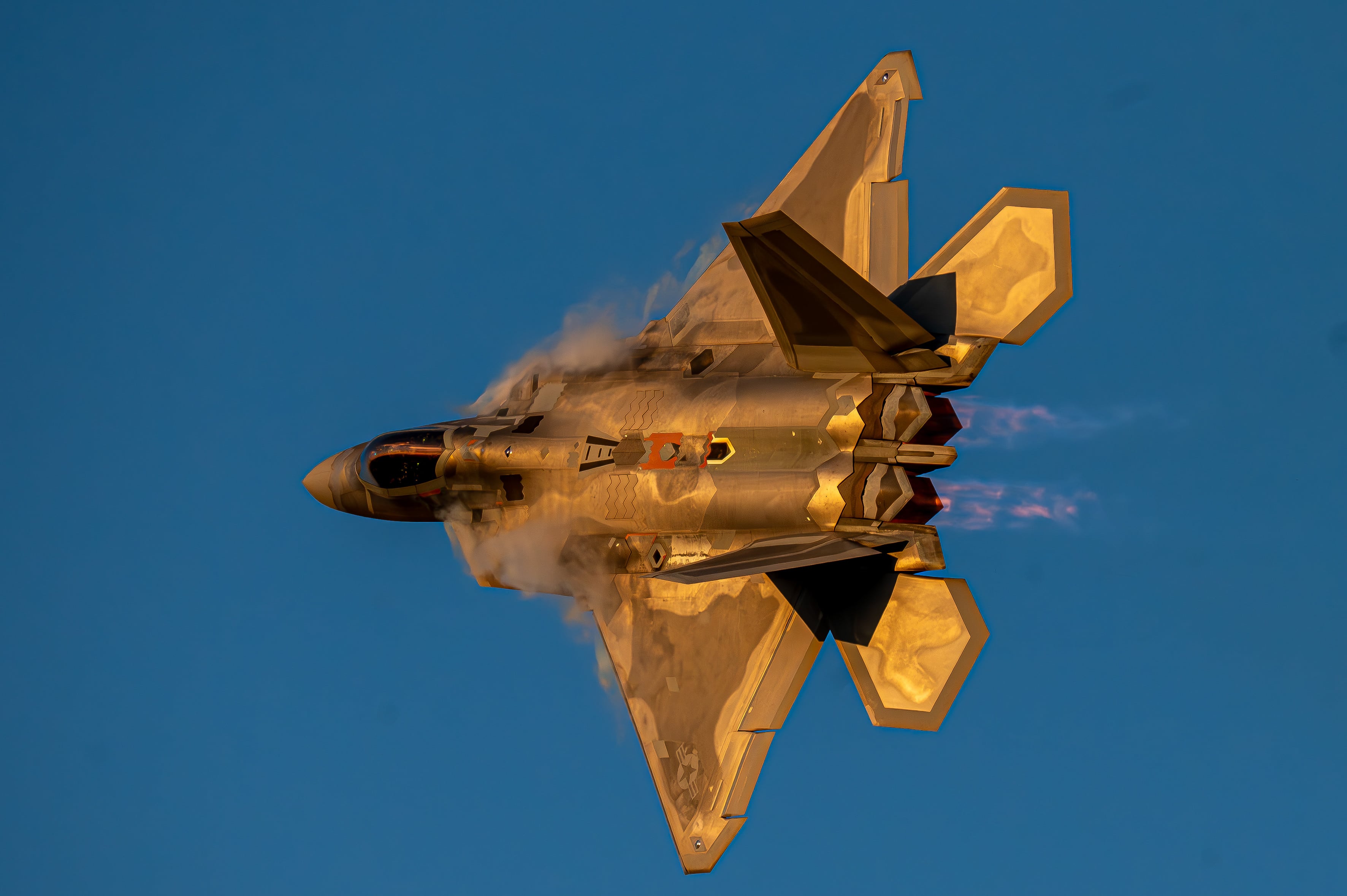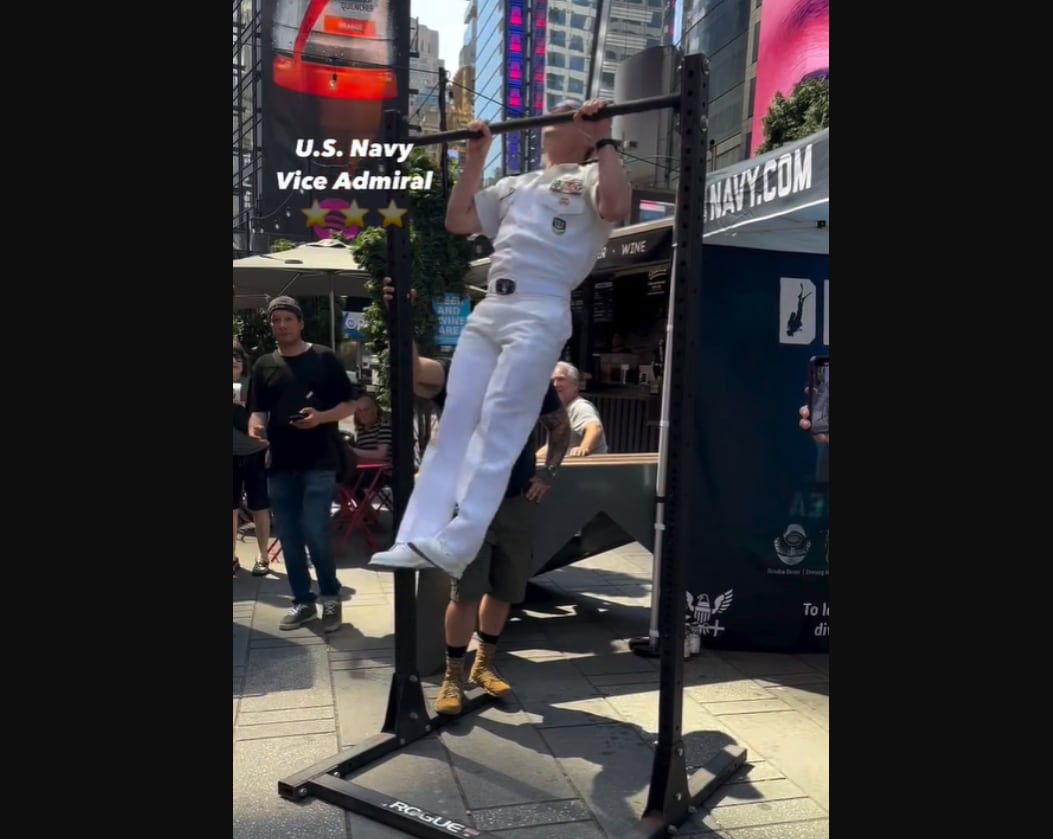A roiling controversy about President Donald Trump’s interactions with Ukraine President Volodymyr Zelensky over whether the former pressed the latter to investigate the son of Joe Biden has put a spotlight on Ukraine and its grinding conflict with Russia-backed militants — especially in Washington, where the deadly conflict in Ukraine has become a political ping pong ball and Trump faces the very real possibility of being impeached.
But as my colleagues in journalism dig into the unfolding scandal about whether Trump withheld arms to a friendly nation fighting Russians in pursuit of political favors, I wanted to know how this is all playing out in Ukraine, where the loudest noise emanates not from the chattering class, but from Russian artillery.
Bottom line up front?
Folks in Ukraine are not overly bothered by the controversy, nor any delay in the arms sales.
I wanted to know what this all means to Ukraine’s military, because by extension that has a real effect on ours. Ukraine has become a laboratory for how the U.S. might one day have to fight the Russians, and we have U.S. troops there training Ukraine forces. Plus, we already have seen the Russian lessons learned in Ukraine carried out by Russian-backed forces against U.S. troops in Syria in the form of electronic warfare that interfered with U.S. aircraft.
Among those I contacted was Oleksandr Danylyuk, chairman and founder of the Centre for Defense Reforms, an independent think-tank focused on developing and promoting reforms in Ukraine’s defense and security sector.
We spoke Friday.
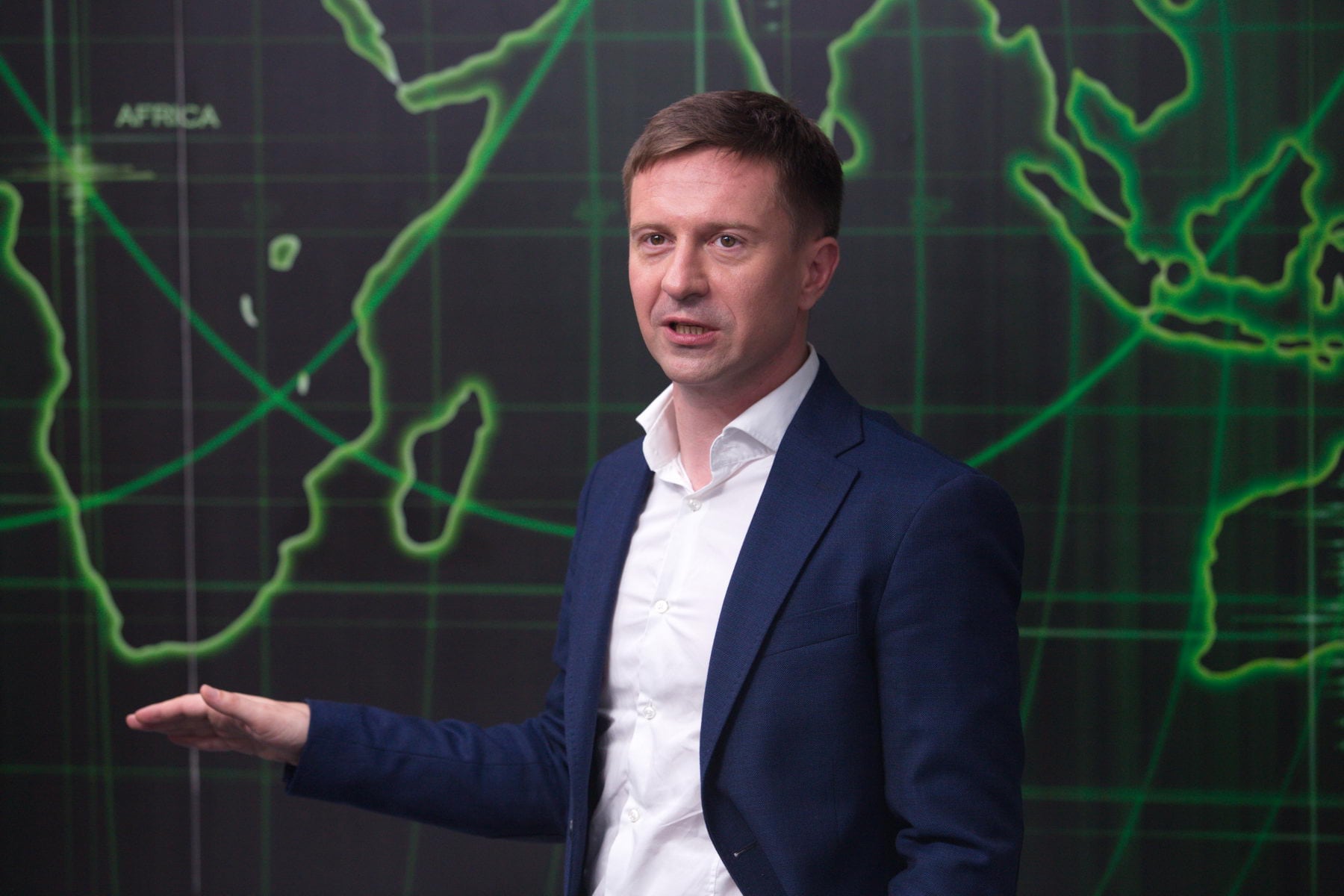
From the outset of the Russian invasion of eastern Ukraine in 2014, Danylyuk played a leadership role in the fledgling Maidan movement. In early 2014, under the new government, he became an adviser to the chief of the Department for State Security and since took on posts with the Ukrainian Ministry of Defense as the chief adviser to the minister of defense, reporting directly to him. And between 2018 and 2019, Danylyuk served in the same position in the Foreign Intelligence Service, Ukraine’s CIA.
Danylyuk is well-known to the U.S. military, especially the special operations community, and has been frequently called upon as an expert to talk about Russian unconventional warfare, political war, influence operations, covert and clandestine activities, and asymmetrical geopolitics. Since 2014, he has served as a special adviser on these issues for several allied governments in Eastern Europe who are also the targets of Russian hybrid aggression. He has also been used as a trainer and lecturer by the U.S. Army John F. Kennedy Special Warfare Center & School as well as America’s National Defense University.
I first met Danylyuk, who goes by the name of Sasha, several years ago when he was working with the Florida-based Global SOF Foundation to help create Ukraine’s version of a Special Operations Command. He is one of several Ukraine military personnel I have come to know over the years and one of the people whose opinion I value the most.
In Washington, questions about Trump’s role in the Ukraine arms package are all about intent. In Ukraine, they are about effect. The two should neither be confused nor conflated. While we in this country have a constitutional crisis on our hands, Danylyuk says he does not find the Trump-Zelensky conversation troubling.
“We saw the text of the conversation” between Trump and Zelensky “and it did not look like there were any problems, at least for me,” he said.
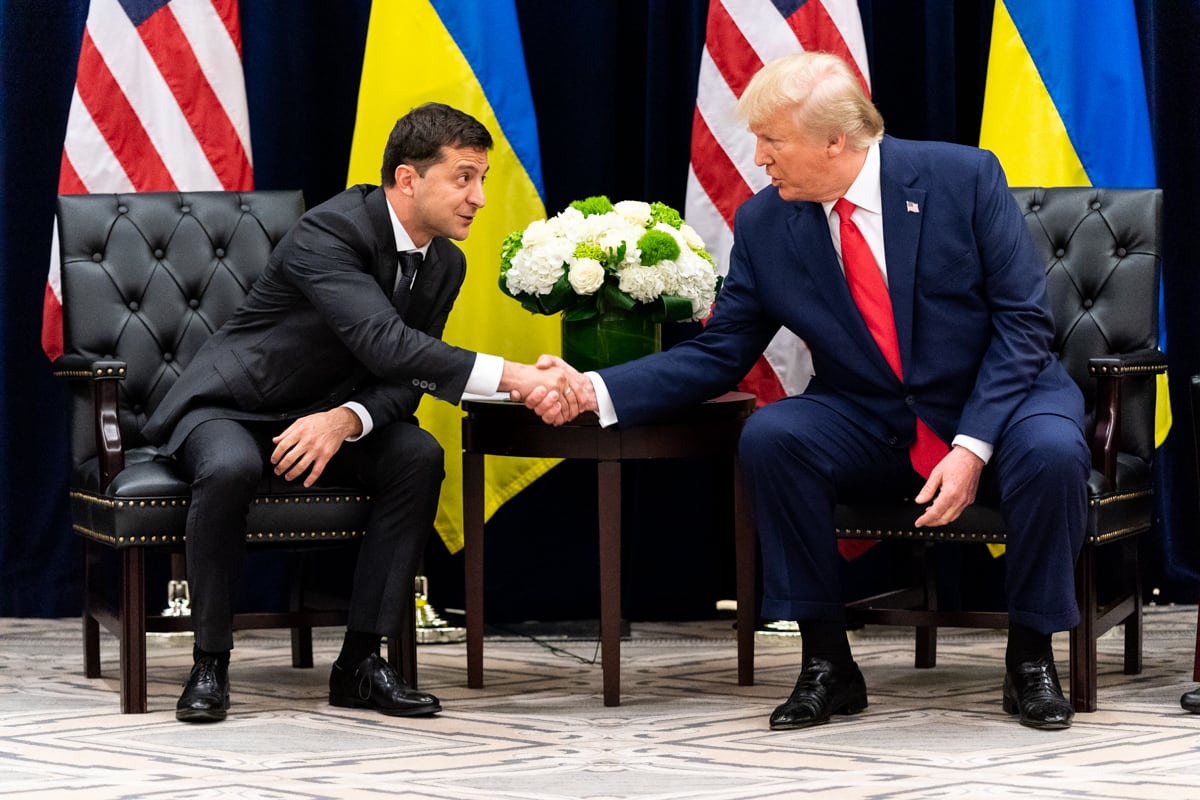
Danylyuk said that in Ukraine, it does not appear that Trump pressured Zelensky to investigate Hunter Biden through a threat to withhold military aid. Of course, he is not looking at it through the prism of U.S. politics. Nearly 5,000 miles east of Washington, the embattled American government’s woes lose impact in a European nation fighting a shooting war with Russia that’s resulted in 13,000 deaths and counting since 2014.
Danylyuk said the current controversy ripping apart America is being fueled by the same Russian influence operation that played havoc with the 2016 presidential election. The goal of the Russians, he said, was not to support Trump, but to tear apart the U.S. Like a real world version of “The Twilight Zone” episode “The Monsters Are Due on Maple Street,” it’s working. Plus any delay in arms sales to Ukraine may be at least in part because of Chinese efforts to procure Ukraine aviation technology, Danylyuk added.
If Ukraine were a person, it’s Facebook page would describe its current relationship as “complicated."
I’ve written before about concerns that a delay in the U.S. arms sales to Ukraine could have a negative effect on that nation’s efforts against the Russians, especially since previous shipments of equipment like the AN/TPQ anti-fires radar systems and Javelin missiles have greatly helped Ukraine.
RELATED
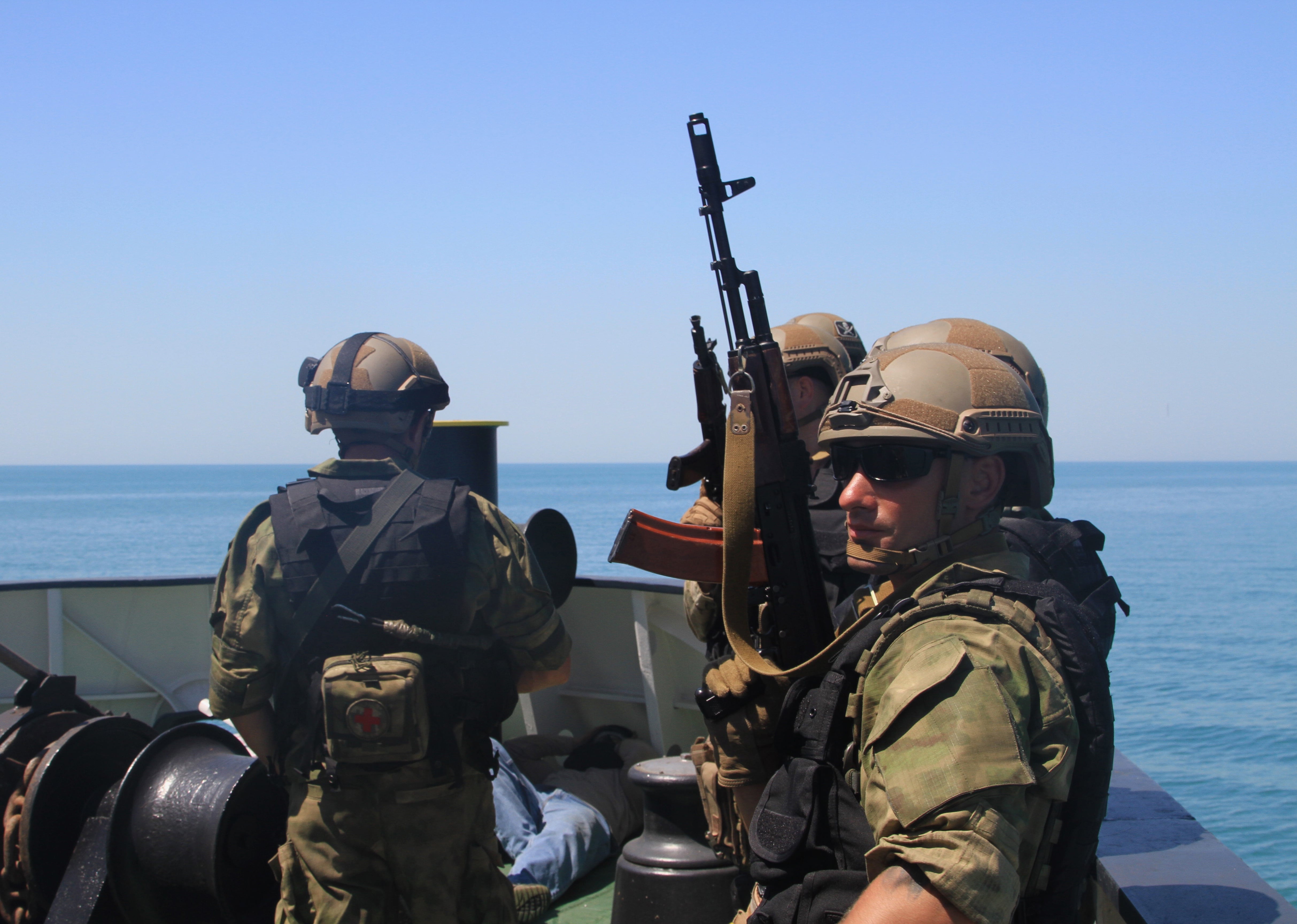
Ukraine’s military attache in Washington said those systems, provided in limited number, had a great effect on the battlefields where they were used, reducing Ukrainian casualties and backing off Russian armor. And don’t forget that Ukraine was happy that under Trump, its military finally at least received Javelin missiles.
The package at the center of the current controversy includes sniper rifles, rocket-propelled grenade launchers, counter-artillery radars, electronic warfare detection and secure communications, night vision and military medical treatment.
But any delay in the new arms package, Col. Andrii Ordynovych told me, would at most create only a “small problem” for Ukraine.
When asked his thoughts, Danylyuk moved the conversation in another direction.
Essentially, Danylyuk said U.S. support is mostly symbolic, and just a small part of what Ukraine needs to take on such a large and powerful adversary.
“You understand with all my respect for all the support your beautiful country provided to my country since 2014, it is honestly nothing actually crucial,” he said.
To be clear, Danylyuk is grateful that the U.S. has committed more than $1.5 billion in security assistance to Ukraine since 2014, when Russian-backed separatists began driving tanks through eastern Ukraine.
“We are thankful, but the help is limited,” said Danylyuk. “We have 600 kilometers of fucking trenches, three army corps on our soil in Donbas,” he said. “It is very good we have this support, but honestly, it is more about the sort of moral support than real support.”
With about 250,000 active duty troops, Ukraine, Danylyuk pointed out, has the biggest army in Europe next to the Russians. And by facing off against the Russians, Ukraine soldiers have learned valuable lessons about their tactics, techniques and procedures, information they have shared with U.S. troops in Ukraine.
“U.S. soldiers have gotten more from our soldiers than they share with them,” he said.
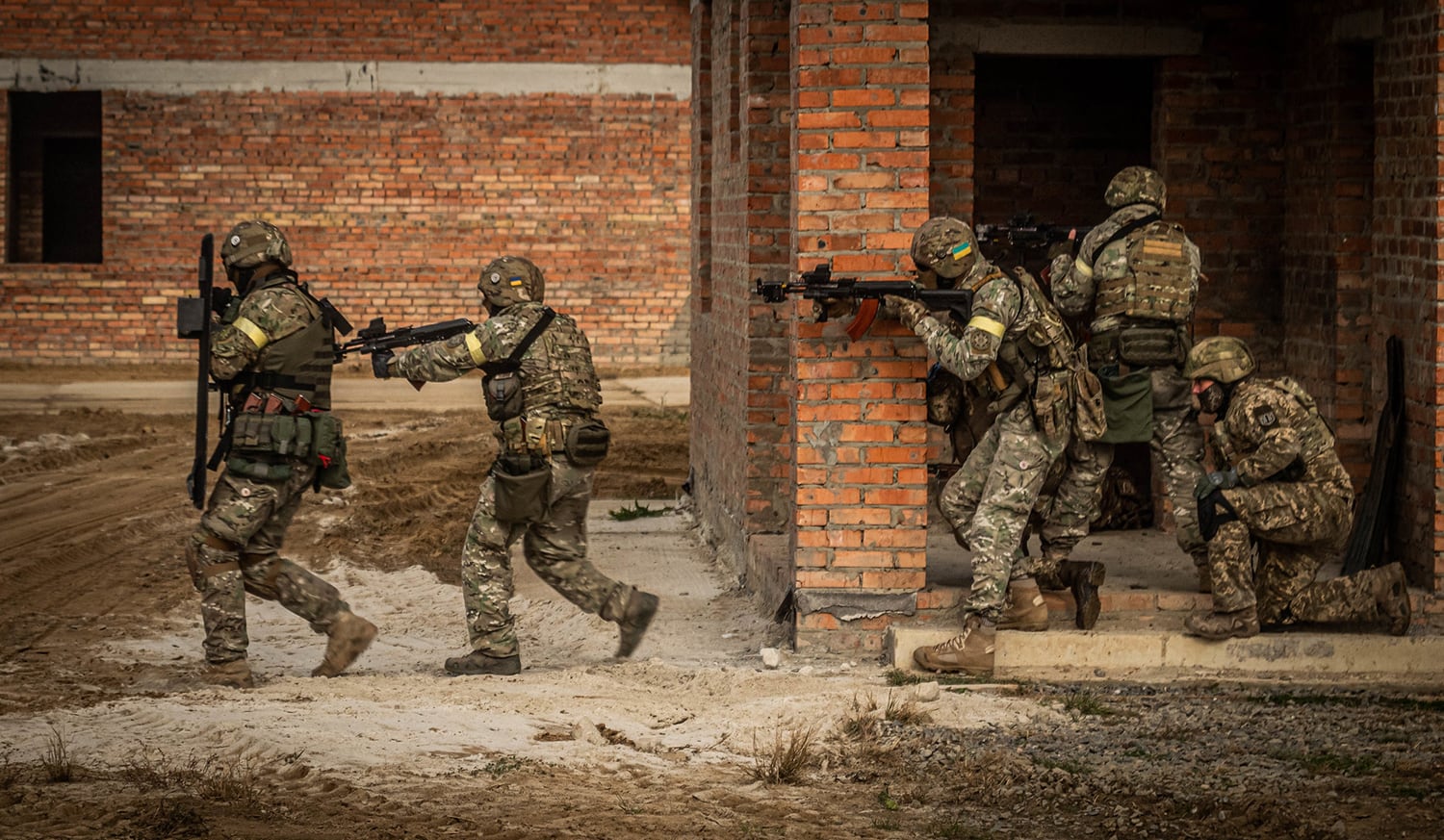
But “the scale of your support to Ukraine is five times less than Egypt,” he said, “and they have a not-very-pro-U.S. government that is not in war with Russia. And not a nuclear power that in 1993 decided to abandon its nuclear arsenal to get American guarantees for our independence and territorial integrity. It’s not fair.”
The bottom line, however, is not about fairness, said Danylyuk.
It’s about countering Russian aggression, something U.S. troops may one day have to deal with directly.
Arms packages like the one at the center of the latest festering Trump imbroglio aren’t game-changers, said Danylyuk.
“Ukraine is not a sort of African country which needs to get rifles and ammunition,” he said. “We can build everything ourselves.”
A better mutual bilateral U.S.-Ukraine agreement on arms development “would be more beneficial to the U.S. than Ukraine,” said Danylyuk.
That’s because by helping beef up Ukraine’s defense industry, the U.S. can meet two objectives in one move.
It can help choke off Russian arms sales, thus depriving Moscow of much-needed revenue it uses to fund its aggressive behavior.
And it can help prevent the Chinese, who are already making inroads to Ukraine’s defense industry and elsewhere in the region, from filling that void.
“We need reasonable, bilateral cooperation between the U.S. and Ukraine in the field of defense industry,” he said. “It is pretty clear Ukraine was a part of the Soviet defense industry and if there is cooperation from the U.S., we can replace Russia in a lot of countries, including India.”
Howard Altman is an award-winning editor and reporter who was previously the military reporter for the Tampa Bay Times and before that the Tampa Tribune, where he covered USCENTCOM, USSOCOM and SOF writ large among many other topics.
Tags:
Trump Ukraine controversyarms sales to UkraineTrump impeachment hearingsTrump impeachDonald TrumpVoldVolodymyr ZelenskyVolodymyr ZelenskiyKyivDonbasTrump Ukraine impeachment inquiryUkrainian forcesUkrainian militaryAmerican arms sales to UkraineUkraine Russia conflictRussian-backed militias UkraineOleksandr DanylyukCentre for Defense ReformsMaidan movement UkraineUkrainian Ministry of DefenseIn Other News



